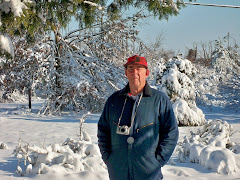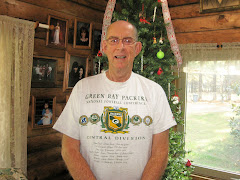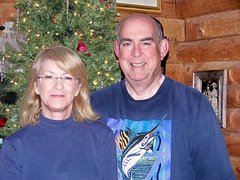I have been watching for 60 plus years now. I am an observer. My participation in life tends to revolve around observation. I am also a believer in "reverse engineering." This concept I learned while in my manufacturing career. It centers around taking something apart, looking at it in detail and coming to conclusion about how it was made and what the intent of the designer was in creating the design. I am skilled in these characteristics, I have many years of practice and implementation. While it is difficult to take apart this world, it is relatively exposed and we can observe and form opinions or come to certain conclusions.
After years of watching, observing, reading and talking with others I have come to the conclusion that the basic nature of our world lies in competition. Everything we can think of competes for something. Plants compete for light and nourishment. It would be easy to say that adaptation reduces competition and allows for plants to exist in their environment without competition. Not so, even then when plants adapt to conditions they compete with their neighbors for sun and nourishment. The animals compete, we see competition come to a logical conclusion in the concept of "survival of the fittest."
The second characteristic that goes hand in hand with competition is survival. The will to survive is a tremendous force. Whether collectively or singly plants and animals fight to survive sometimes against overwhelming odds. Human beings carry the will to survive to uncommon lengths. We see this will overcome medical odds and people who should survive cancer for three years live long lives and die of something else.
So if we are competitive and we have a strong will to live, then what is our purpose on this earth. That is simple, to live. We humans make more of it than that simple statement. We impose our concept of God onto our social behavior and decide we should live as God wishes us. God wishes us to live, to live for as long as we can.
Should we live a moral life? Why, morality is a totally human set of values and ideas. They are not God's. In fact, Man created God. We formed an idea, it grew into legends and stories about early man's condition. Someone set those ideas into writing. Make no mistake about it, God did not write one word about man's relationship with the world.
So we should compete, we should exercise the will to live. We should take judiciously or we shall destroy our home, thus destroy our ability to live. The world will not care. Neither will God. This earth will carry on until its capability of sustaining the things that sustain life are burned away in some gigantic cosmic explosion so far in the future we cannot imagine the time span. The particles, atoms, and energy will not be lost, but will be recycled and reused in the ever growing universe. Whether man makes the transition is simply up to man.
It has been a long time.
-
Quite a while has passed since my last post. Things have taken a turn for
the worse. A year ago in August 2014 we discovered a third recurrence of my
colo-...
8 years ago






